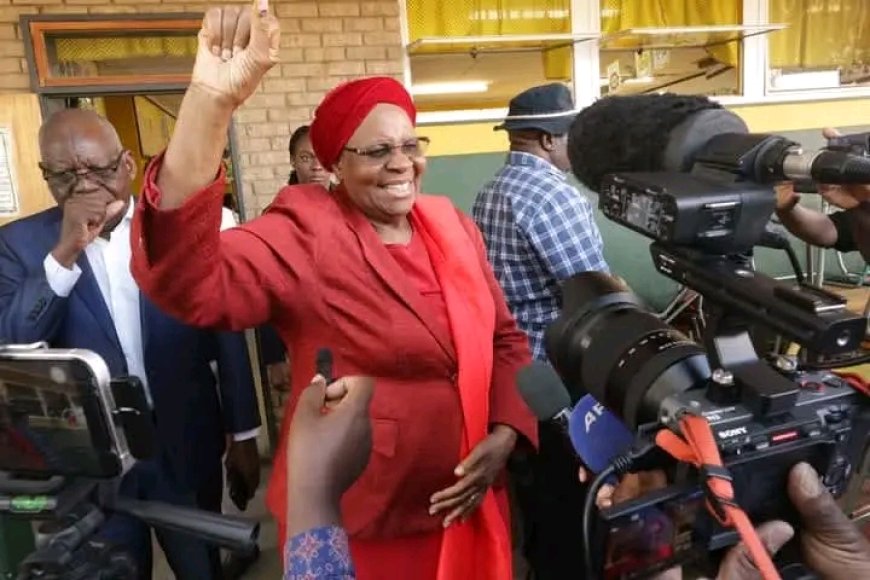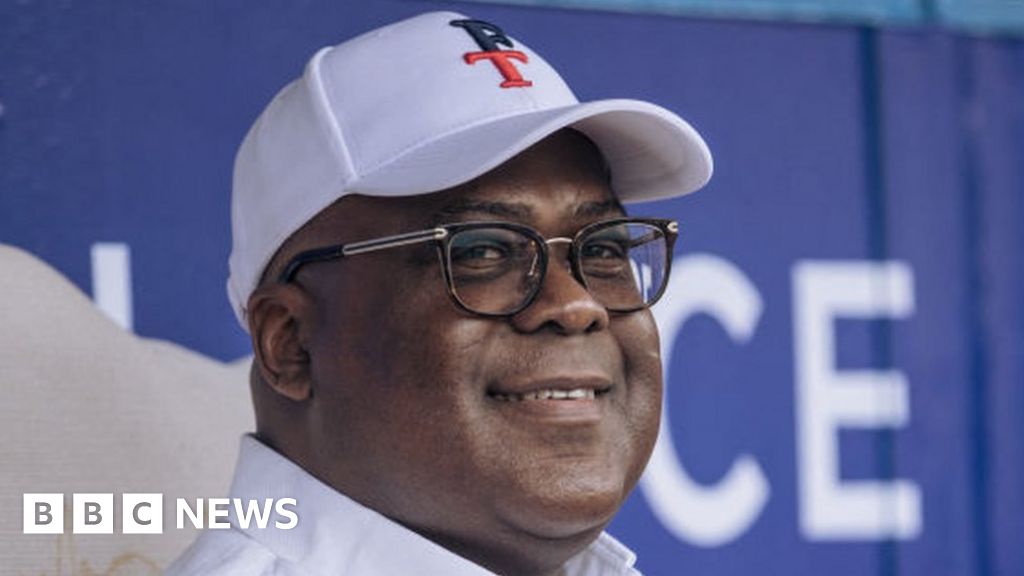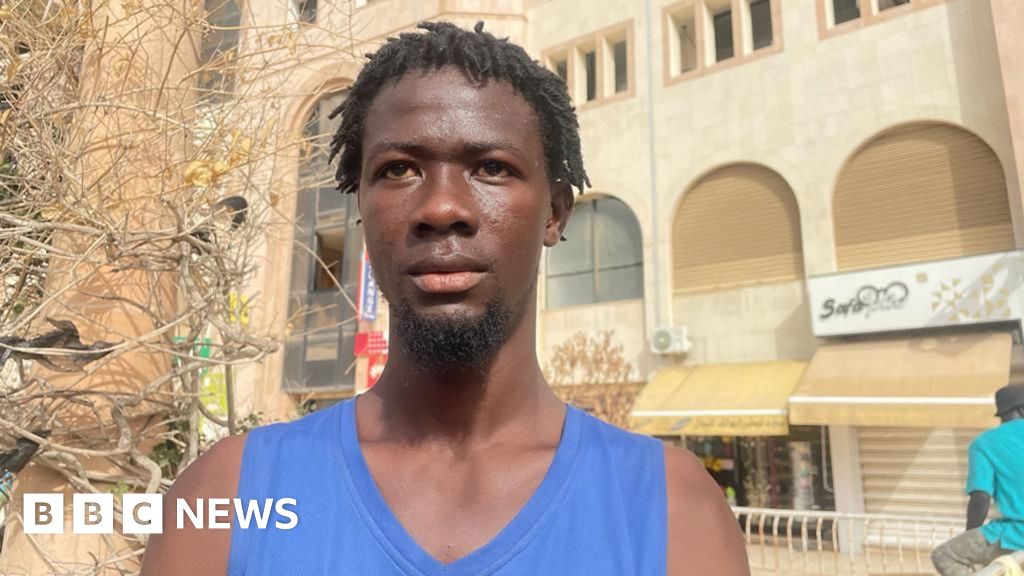Namibia elects Netumbo Nandi-Ndaitwah as Second Female President in Africa's History

Wednesday, 4 December, 2024
McCreadie Andias
Namibia has made history with the election of Netumbo Nandi-Ndaitwah as the country's new president, following a decisive victory in the latest presidential election.
Nandi-Ndaitwah, the candidate of the ruling Swapo party, won with 57% of the vote, securing her place as Africa's second female president.
The announcement by the country's Electoral Commission also revealed that Panduleni Itula, the leader of the opposition party, came second with 25% of the vote. However, Itula’s party has since rejected the results, claiming electoral irregularities.
The election, which was held on December 3, 2024, has sparked mixed reactions within the country. Supporters of Nandi-Ndaitwah celebrated the milestone, as her win marks another significant step toward gender equality in African politics.
The only other woman to have held the presidency in Africa was Ellen Johnson Sirleaf of Liberia, who served from 2006 to 2018.
Nandi-Ndaitwah’s victory is being seen as a victory not only for women but also for a broader vision of leadership in Namibia, a country that has made strides in democracy and development since its independence in 1990.
The Electoral Commission of Namibia declared that Nandi-Ndaitwah’s victory was "clear and decisive," despite claims of voter fraud and other irregularities by Itula’s camp. Itula’s party, the Independent Patriots for Change (IPC), rejected the results, calling the election "fraudulent" and demanding a full investigation into the process.
The IPC's accusations center around alleged discrepancies in voter registration and the conduct of polling stations, which they argue skewed the outcome in favor of Nandi-Ndaitwah and Swapo.
Despite the controversy, the Electoral Commission maintained that the election was free and fair, and there were no widespread irregularities that could have affected the overall outcome. "We stand by the results," said Electoral Commission Chairperson Doreen Sioka. “The process was transparent, and any issues raised will be addressed through proper channels.” The announcement of the results has led to protests in some parts of the country, with demonstrators demanding a recount and transparency in the election process.
International observers have largely praised the election for its peaceful conduct, though they have echoed concerns raised by the opposition about the fairness of certain aspects of the process.
The United Nations and the African Union both congratulated Namibia on its democratic progress and called for the swift resolution of any disputes.
Netumbo Nandi-Ndaitwah's career has been marked by a deep commitment to social justice, women's rights, and economic development. She has served in various government positions, including as Namibia's Deputy Prime Minister and Minister of International Relations and Cooperation.
Known for her steady leadership, Nandi-Ndaitwah’s platform during her campaign emphasized youth empowerment, tackling unemployment, and expanding Namibia’s global presence. Her win has sparked optimism among those hoping for new policies that address the nation’s growing economic challenges.
Nandi-Ndaitwah’s election is also a major triumph for Swapo, the party that has ruled Namibia since the country gained independence from South Africa in 1990.
However, Swapo has faced growing criticisms over issues like corruption, economic stagnation, and its inability to address rising poverty levels.
Nandi-Ndaitwah, who has long been viewed as a steady hand in the party, will face significant challenges as she steps into office. Her leadership will be scrutinized as Namibia navigates both internal issues like poverty and unemployment, and external concerns such as regional security in southern Africa.
Her swearing-in is expected to take place in the coming weeks, and her term will officially begin with the task of healing the political divide in the country.
The opposition’s rejection of the results suggests that Nandi-Ndaitwah’s presidency may be marked by tension, but her supporters are confident that she will bring the leadership needed for Namibia to continue to grow as a beacon of stability in the region.
As Africa watches Namibia’s transition of power, many are hopeful that Nandi-Ndaitwah’s presidency will set a precedent for more women to ascend to the highest offices in their countries.
In her victory speech, Nandi-Ndaitwah echoed this sentiment, stressing the importance of gender equality and the empowerment of women and youth in Africa. "This victory is not just for me," she said, "but for all women and girls who dare to dream big and fight for a better tomorrow."
In the coming months, Namibia will look to its new leader for a way forward amid both national challenges and the regional political dynamics. The next steps for the newly elected president will be crucial in determining whether she can bridge the political divides and fulfill the promises made during her successful campaign.
What's Your Reaction?


































































































































































































































































































